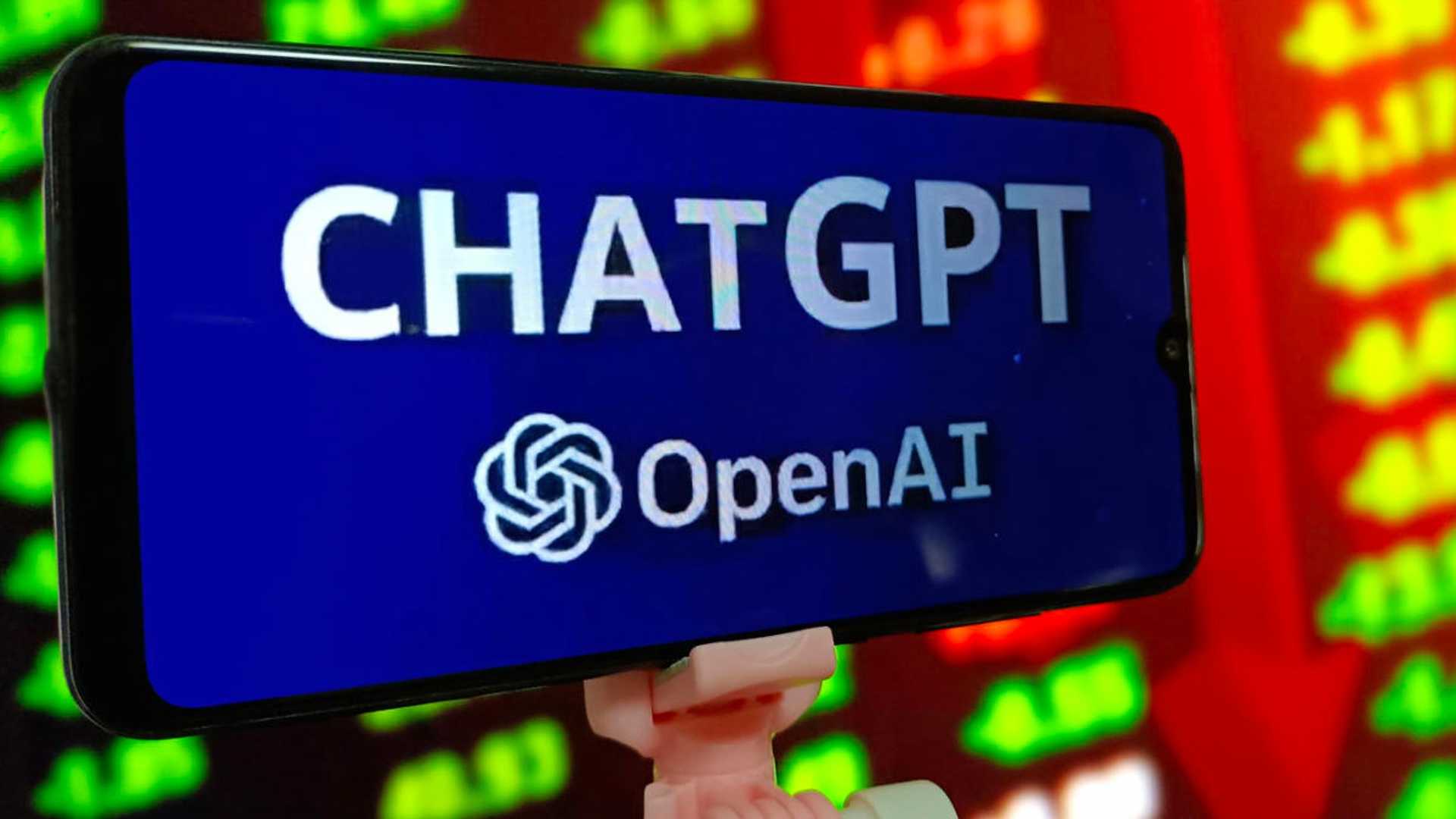Europe Raises the Alarm Over Risks Posed by ChatGPT:
Generative Artificial Intelligence (AI) platforms like ChatGPT have been rapidly gaining popularity in recent years. ChatGPT, in particular, has served over 1.6 billion visitors since December. However, concerned by the growing risks posed by AI systems like ChatGPT, regulators and law enforcement agencies in Europe are looking for ways to regulate them.
The Potential Risks
According to Europol, one of the biggest risks associated with platforms like ChatGPT is that they can be used by criminals to facilitate activities such as phishing, malware creation, terrorism, cybercrime, child sexual abuse, and identity theft. To make matters worse, AI platforms like ChatGPT have few guardrails in place.
Furthermore, Italy recently temporarily banned ChatGPT after a glitch exposed user files. Privacy rights board Garante threatened the program's creator, OpenAI, with millions of dollars in fines for privacy violations until it addresses questions of where users' information goes and establishes age restrictions on the platform. Spain, France, and Germany are also looking into complaints of personal data violations. This month, the EU's European Data Protection Board formed a task force that will coordinate regulations across the 27-country European Union.
Global Concerns and EU Legislation
Experts have voiced concerns about the potential for AI platforms like ChatGPT to facilitate fraud, including identity theft and plagiarism in schools. The Future of Life Institute, a think tank focused on technology, recently published an open letter calling for a temporary halt to AI development. The signatories called for a six-month pause on the development of AI systems more powerful than GPT-4 so that regulations could be hammered out. They also asked governments to "institute a moratorium" if the key players in the industry did not voluntarily do so. However, EU parliamentarian Brando Benifei scoffs at that idea and believes that we should continue working on finding the right rules for the development of AI.
The EU is currently finalizing the Artificial Intelligence Act, which would establish a central AI authority. The legislation brings new powers to regulators to deal with AI applications and gives EU regulators the authority to hand out hefty fines. The legislation also includes a risk-ordering of various AI activities and prohibits uses such as "social scoring,” which would rate virtually every social interaction on a merit scale. Consumers should know what data ChatGPT is using and storing and what it's being used for. However, it isn't clear what data is being used, or whether data collection respects data protection law.
Conclusion
Europe's growing concerns about ChatGPT and other generative AI platforms may lead to the EU taking the lead in regulating these platforms. Whether other countries, such as the United States, will follow suit remains to be seen. Nonetheless, as AI continues to play an increasingly important role in our lives, it's essential that we develop appropriate safeguards to prevent it from doing harm.




















